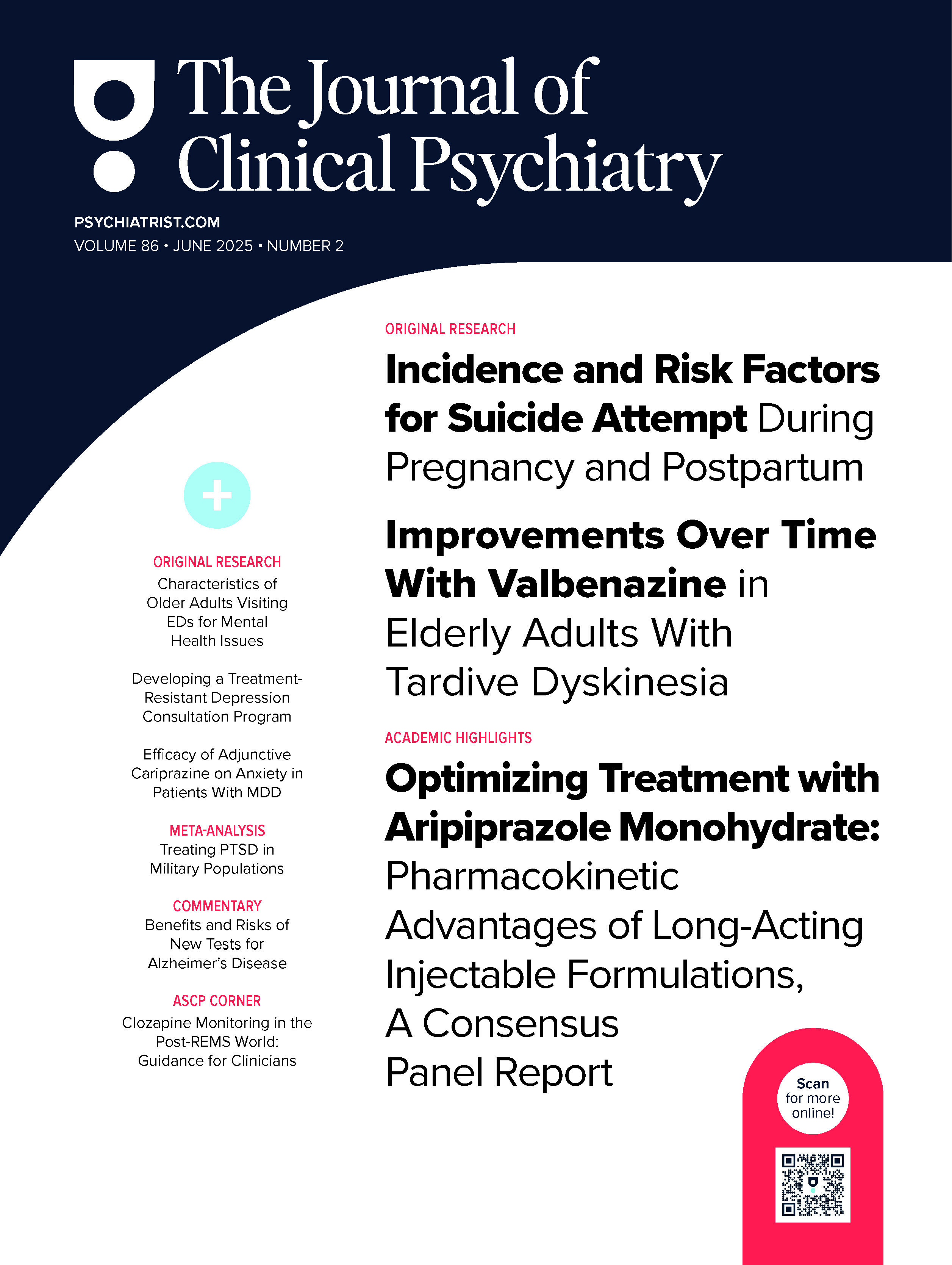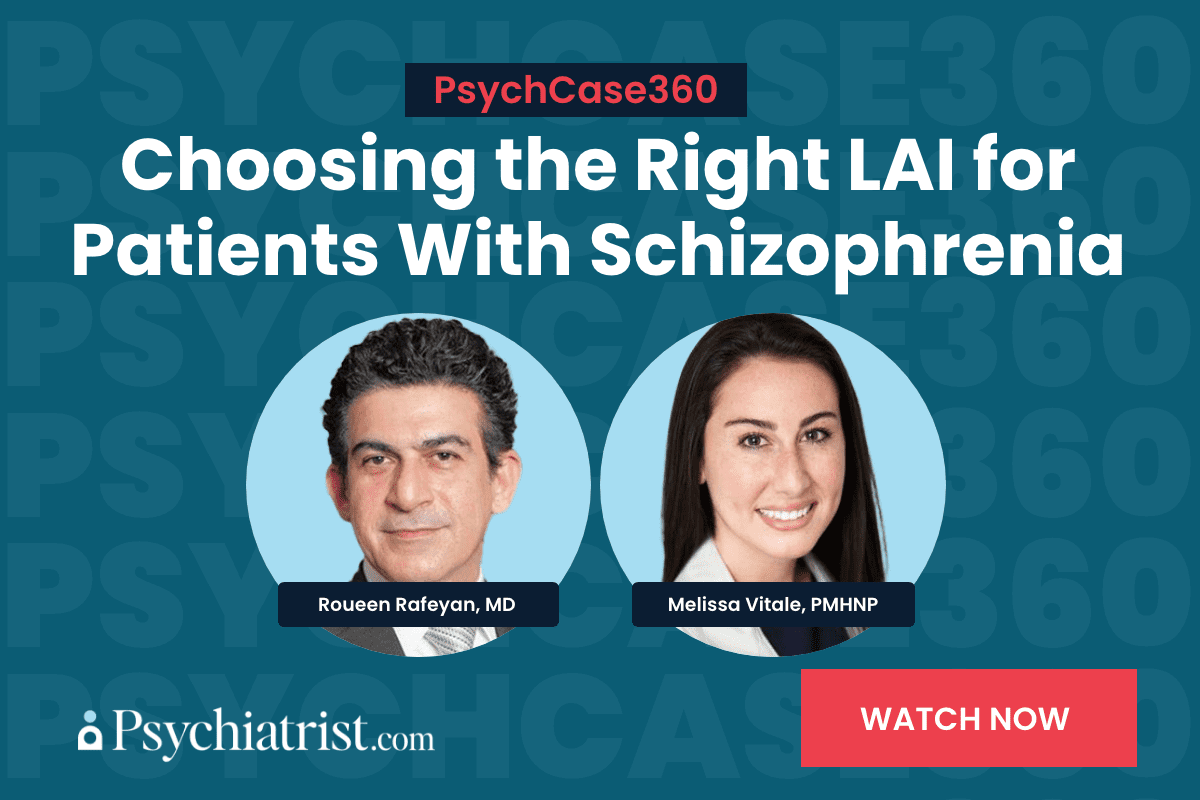Abstract
Cognitive-behavioral therapies (CBTs) are effective treatments for social anxiety disorder/social phobia. Although a variety of procedures are included under the term cognitive-behavioral treatment, it is, however, clear that the key factor influencing treatment outcome for social anxiety disorder is exposure to feared situations. Two formalized CBT programs are cognitive-behavioral group therapy (CBGT) and social effectiveness training (SET). They both involve exposure, but differ in that CBGT focuses on correction of cognitive errors, whereas SET uses social skills training in addition to exposure to feared social situations. CBGT is more efficacious than a psychological placebo and has shown efficacy comparable to that of phenelzine in a double-blind, placebo-controlled study. The onset of effect of phenelzine was more rapid, whereas the effect of CBGT was more sustained. The major component of SET, imaginal and/or in vivo exposure, has been demonstrated to be more effective than pill placebo or the beta-blocker atenolol. Many questions remain regarding CBT strategies and their place in the overall management of patients with social anxiety disorder. Depending upon the particular patient profile, various combinations of drug and/or CBT may prove to be the optimal treatment strategy.
(J Clin Psychiatry 1998;59[suppl 17]:39–44)
This PDF is free for all visitors!

